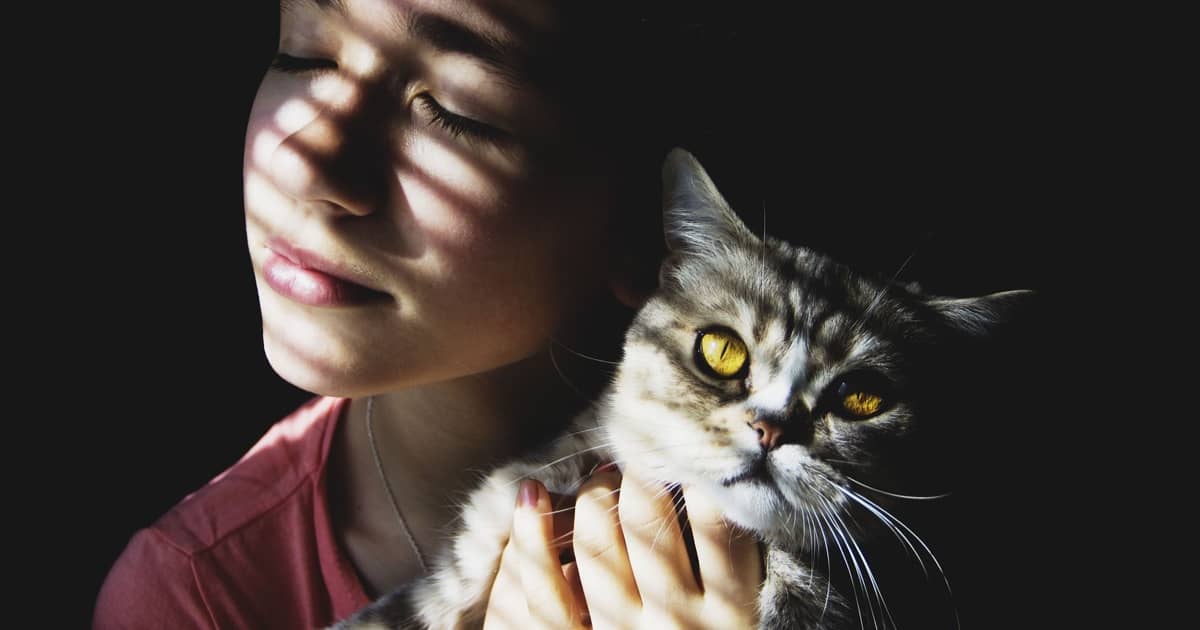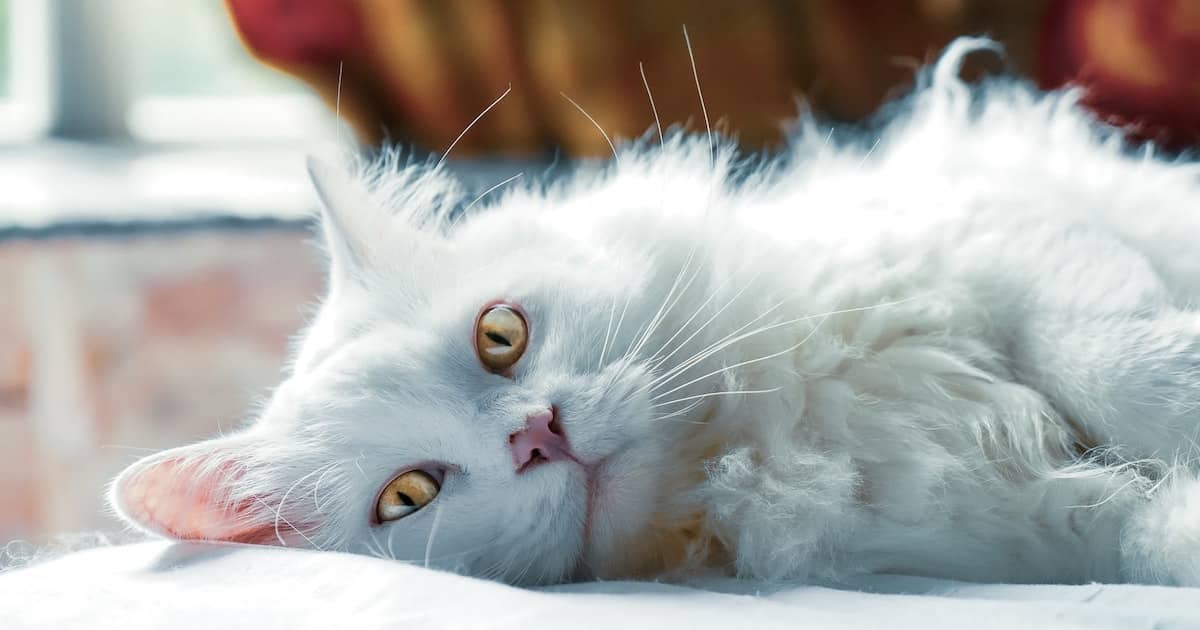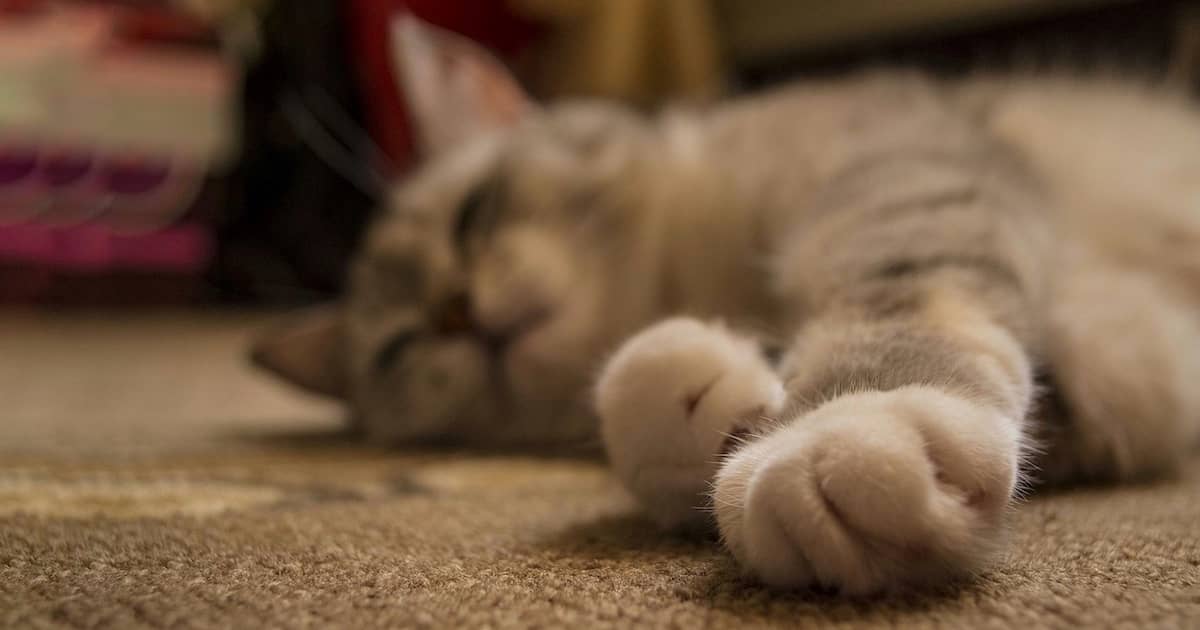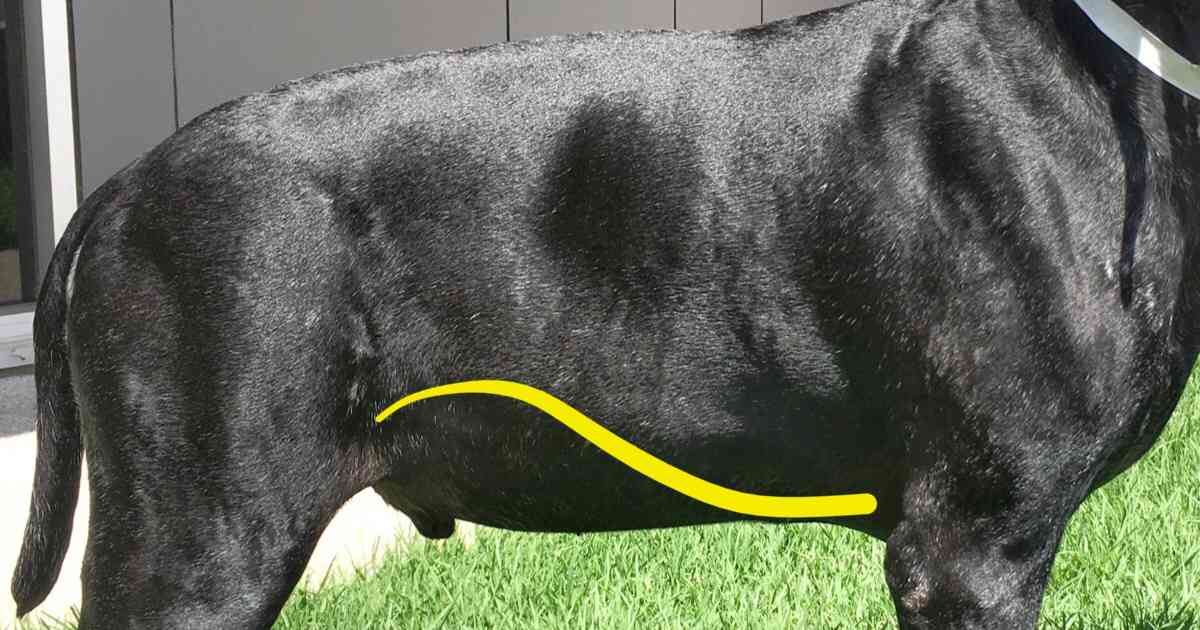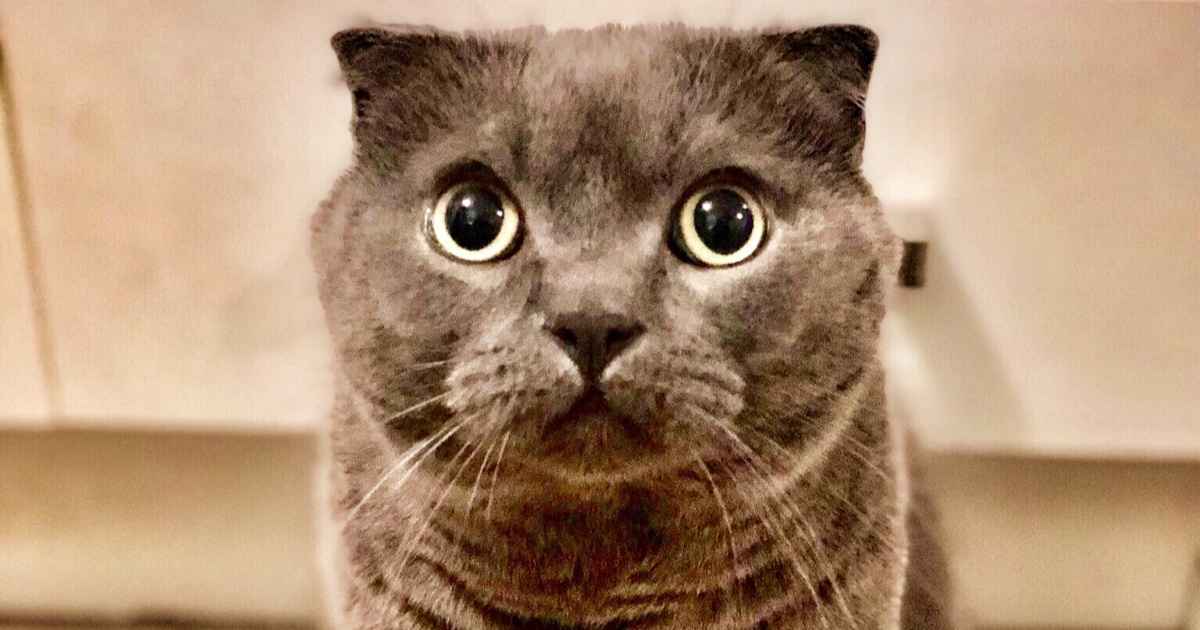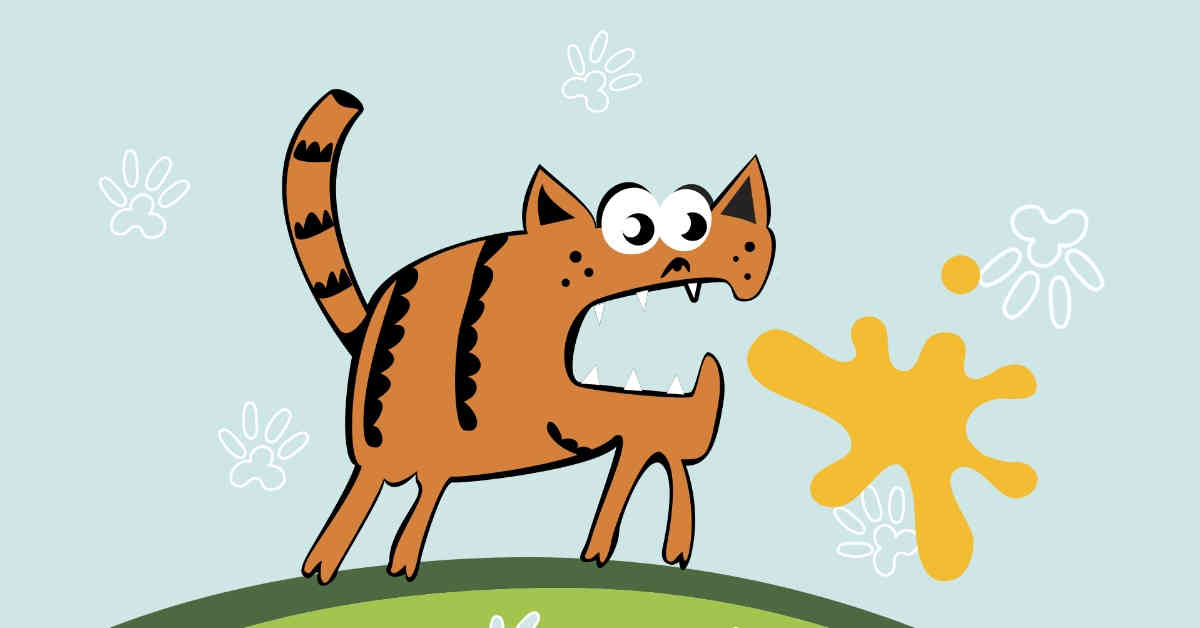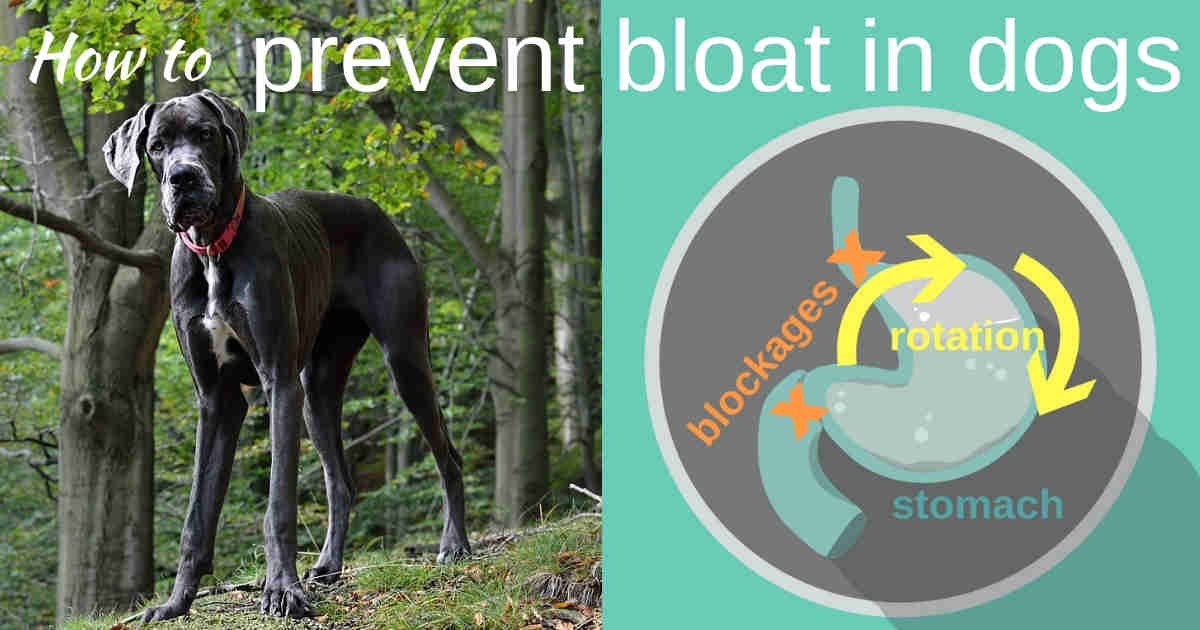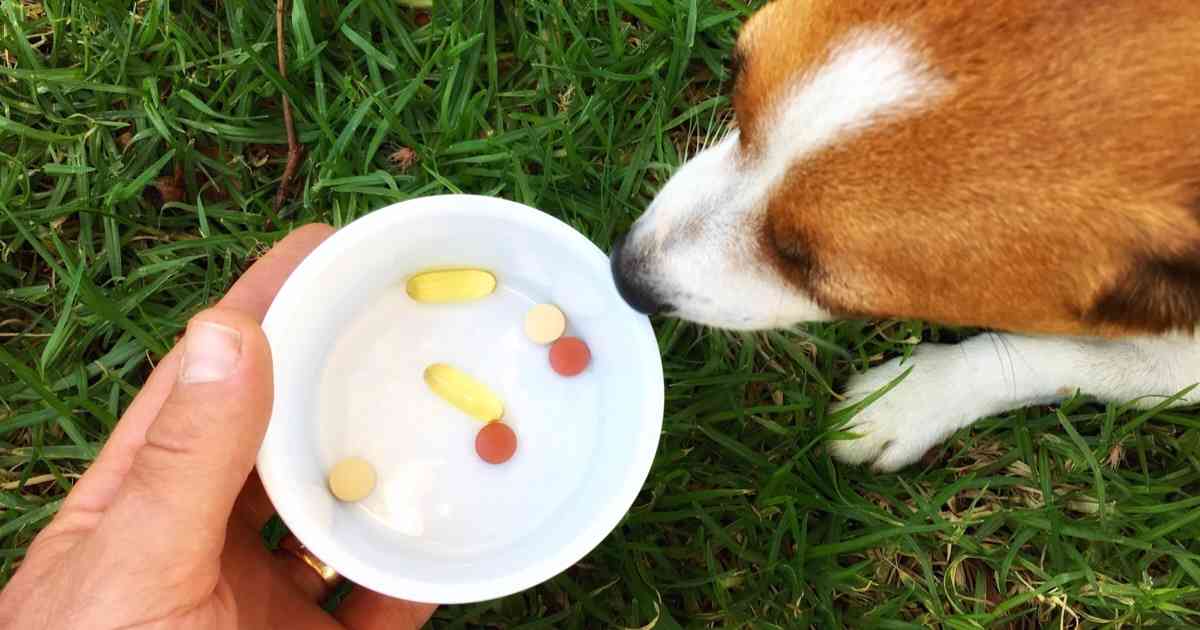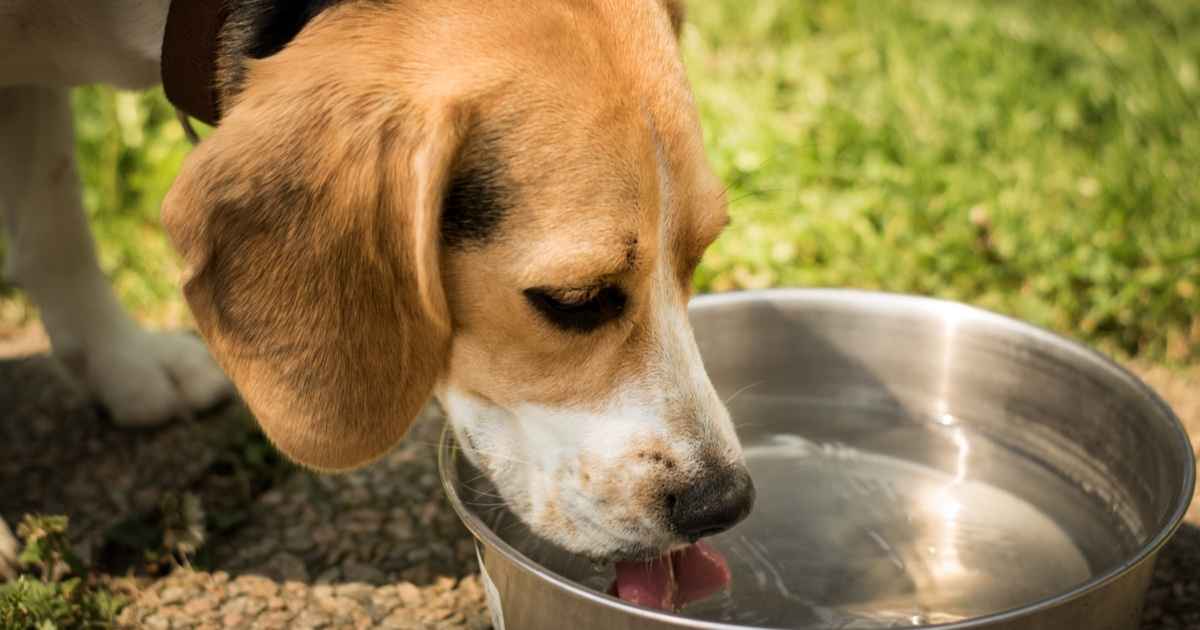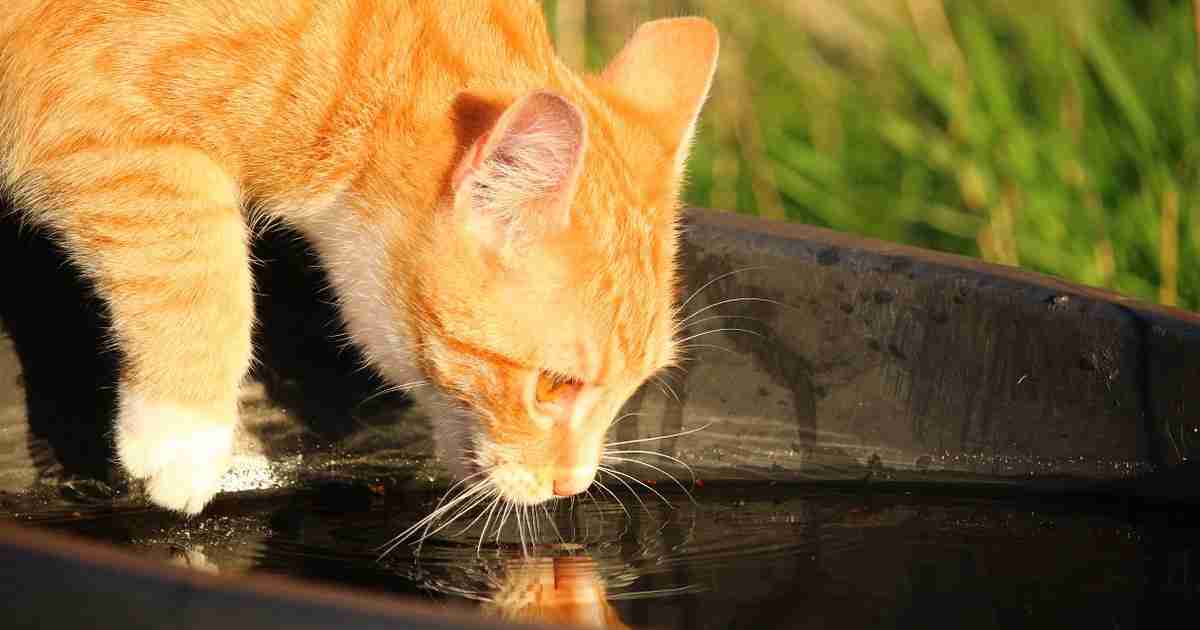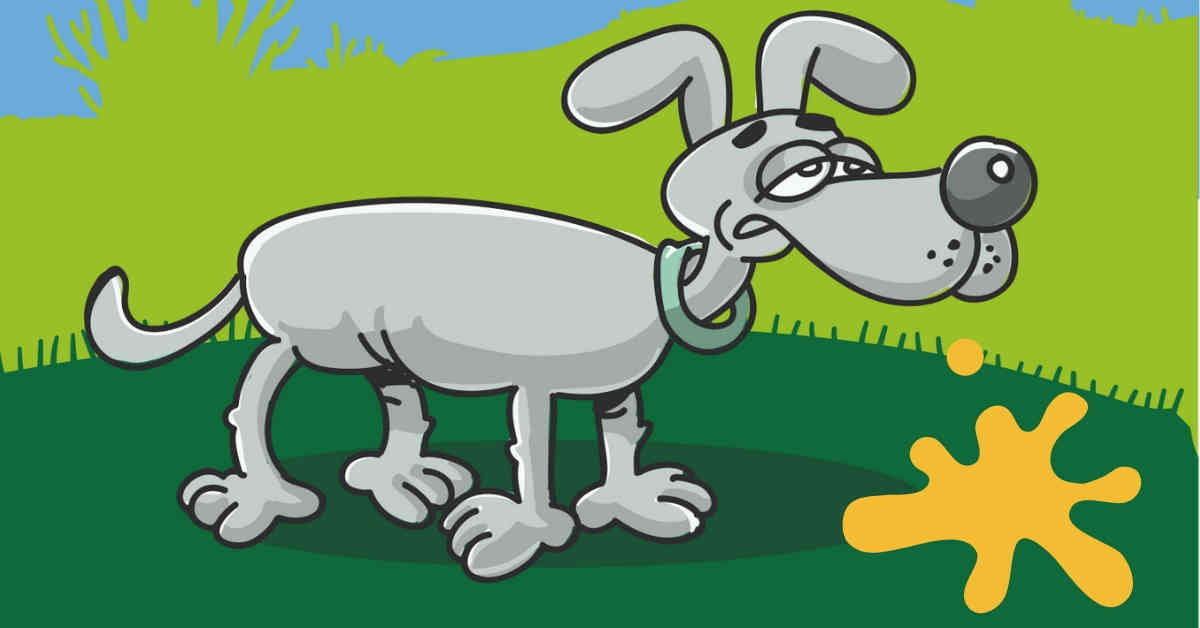I want to warn you about three emerging and important toxins of cats. I also want you to see the link between these products and how they may be just the tip of the iceberg in household poisonings.
Continue reading “New Cat Poisons: Hair Dyes, Hair Loss Treatments & Diclofenac”Help! My Cat Has A Hairball
For such a common problem, there’s a lot we don’t know about hairballs in cats. It’s yet another example of our tendency to overlook the everyday and focus on the rare. This is to the cost of cats everywhere.
When there’s a lack of hard evidence, we only have experience to go by. So I’ll use mine to help you answer the key questions put to me by cat owners.
Continue reading “Help! My Cat Has A Hairball”A Lump In Your Cat’s Belly Is Not Always Cancer
I want to share with you a very sobering paper that should make us think harder anytime we feel a lump inside a cat’s belly.
Note that this article is not about lumps on the skin of cats. Those need a checkup at the vet to know what they are.
Five cats were presented to a veterinary teaching hospital with abdominal masses that could be felt during a routine exam. They all had the classic signs of intestinal obstruction: vomiting, listlessness and not eating.
The two eldest cats died. One, because her owner thought it was cancer and had her put down. The other, due to a delay in treatment, most likely due to a similarly fatalistic attitude.
The diagnosis in these five cases was a hairball. A thoroughly treatable problem.
Continue reading “A Lump In Your Cat’s Belly Is Not Always Cancer”Oesophageal Stricture In Dogs & Cats
Oesophageal stricture is a rare but important problem for both dogs and cats. It happens when a narrowing forms in the tube that connects the mouth to the stomach. This creates a partial blockage for food and water.
Continue reading “Oesophageal Stricture In Dogs & Cats”Help! My Dog Has A Swollen Stomach
Essential facts ( details below):
When Is A Swollen Belly An Emergency?
Dogs with any of these symptoms need to be taken to a vet immediately:
- Vomiting
- Hard, painful abdomen
- Collapse
- Severe lethargy
- Not eating
Now dive deeper…
Continue reading “Help! My Dog Has A Swollen Stomach”Lymphoma In Cats
Lymphoma is the most common tumour of cats. It also can be one of the more treatable cancers depending on the type involved.
Lymphoma is caused by the abnormal multiplication and growth of lymphocytes. These are a white blood cell found throughout the body, including the bloodstream, gut and lymph nodes.
Continue reading “Lymphoma In Cats”Grape Sultana & Raisin Poisoning
‘Essential facts (Details Below)’
When A Dog Eats Grape Products
- Grapes are toxic whether dried, fresh or cooked
- The toxic dose is unknown and highly variable
- Removal via vomiting and treatment of kidney damage gives good results
Now dive deeper…
Continue reading “Grape Sultana & Raisin Poisoning”Pancreatitis In Cats
Your cat might need your help. Imagine if there was a disease that affected two thirds of cats over their life, but vets rarely diagnosed it. That’s the reality for pancreatitis in cats.
Continue reading “Pancreatitis In Cats”Help! My Cat Is Vomiting
Vomiting can be a symptom of a wide variety of illnesses in cats, many of which are featured in this article. Vomiting can also be normal, so let’s start by deciding when to go to the vet.
Help! My Dog Has Bloat
Emergency care (details below)
How To Recognise & Treat Bloat
- Retching, distress and a large, hard belly are signs of bloat
- Travel to an emergency vet as fast as is safe to do so
- Any delay in treatment reduces the chance of survival
Now dive deeper…
Continue reading “Help! My Dog Has Bloat”What Human Drugs Are Safe For Dogs?
You’ve got a dog needing treatment and you’ve even got some of your own meds nearby. Can you use them?
The use of non-veterinary drugs is a common question from pet owners. When is it a good idea to give your dog human medications? Sometimes, surprisingly, it is. Just not that often.*
Continue reading “What Human Drugs Are Safe For Dogs?”Help! My Dog Is Drinking A Lot
‘At A Glance (Details Below)’ What To Do
If A Dog Drinks More Than Usual
- When dogs drink more it’s usually hormonal or kidney issues
- These are all easily diagnosed on routine blood & urine testing
- The top cause in small breed dogs is Cushings Disease
- If testing is normal, there’s usually nothing to worry about
Now dive deeper…
Help! My Cat Is Drinking A Lot
‘At A Glance (Details Below)’ What To Do
If A Cat Drinks More Than Usual
- It could be due to diabetes, kidney or thyroid disease
- These are all easily diagnosed on routine blood & urine testing
- The top three causes can all be managed or treated if detected in time
- If testing is normal, there’s usually nothing to worry about
Now dive deeper…
Common Problems Of Dogs, Cats, Rabbits & Chickens
Follow the links for information on:
- Aggression At The Vet | Dogs
- Anal Glands | Dogs
- Arthritis Treatment | Dogs | Cats | Rabbits
- Barking | Dogs
- Back Leg Problems | Dogs | Rabbits
- Bee Sting | Dogs
- Bloat | Dogs
- Calicivirus | Rabbits
- Car Accidents | Cats
- Car Sickness | Dogs
- Cat Fight Wounds | Cats
- Cat Flu | Cats
- Cataracts | Dogs
- Chocolate poisoning | Dogs
- Choking or Gagging | Dogs
- Constipation | Cats
- Coughing | Dogs
- Cruciate Ligament Tears | Dogs
- Cushings Disease | Dogs
- Cuts & Wounds | Dogs, Cats & Rabbits
- Cystitis | Cats
- Dandruff | Cats
- Deafness | Dogs & Cats
- Dermatitis, Itching & Eczema | Dogs
- Diabetes | Dogs & Cats
- Diarrhoea | Dogs
- Drinking More Than Usual | Dogs | Cats
- Ear Infections | Dogs
- Ear Swelling | Dogs
- Ear Tip Sores | Dogs
- Eating Rat Poison | Dogs
- Egg Binding/Peritonitis | Chickens
- Eye Problems | Dogs & Cats
- Flea Infestations | Dogs, Cats & Rabbits
- Food Allergies | Dogs & Cats
- Gastrointestinal Stasis | Rabbits
- Genetic Disease | Dogs | Cats
- Giving Birth | Dogs
- Giving Tablets | Cats
- Grape Poisoning | Dogs
- Grass Seeds | Dogs
- Hair Loss and Overgrooming | Cats | Rats
- Heart Diseases & Failure | Dogs & Cats
- Heart Murmurs | Dogs
- Heat Stress & Stroke | Dogs
- Hip Dysplasia | Dogs
- Injuries Car & Road | Cats
- Injuries | Rabbits
- Kennel Cough | Dogs
- Kidney Disease & Failure | Dogs & Cats | Rabbits
- Licking Feet | Dogs
- Limping | Dogs
- Lip & Mouth Sores | Cats
- Lost Or Missing Pets | Dogs, Cats & Rabbits
- Lumps | Dogs | Rabbits
- Lumps In The Mouth | Dogs
- Mite infestation | Guinea Pigs
- Mycoplasma Respiratory Disease | Rats
- Myxomatosis | Rabbits
- Not Eating | Cats | Rabbits
- Onion Eating | Dogs
- Overgrown Teeth | Rabbits
- Overweight | Dogs Cats
- Pancreatic Inflammation | Dogs | Cats
- Patellar Luxation Surgery | Dogs
- Poisoning | Dogs
- Respiratory Infections | Chickens
- Scratching & Itching | Dogs
- Seizures & Fits | Dogs
- Separation Anxiety | Dogs
- Skin Infections & Hotspots | Dogs
- Snake Bite | Dogs & Cats
- Teeth Cleaning & Dentistry Options | Dogs & Cats
- Thunderstorm & Firework Fear | Dogs
- Tick Paralysis | Dogs & Cats
- Thyroid & Hyperthyroid | Cats
- Urinary Obstruction | Cats
- Urinating Inside | Cats | Dogs
- Vomiting | Dogs | Cats
- Walking & On Leash Aggression | Dogs
- Yelping in Pain | Dogs
Help! My Dog is Vomiting
Anyone who has had a dog knows that they vomit a lot more than people. Vomiting can be normal in some cases, and extremely serious in others. What are the causes of vomiting in dogs and how do you tell when it’s serious?
For the causes of vomiting in cats, click here.
Causes Of Poisoning In Dogs
‘At A Glance (Details Below)’ Emergency Care
What To Do If A Dog Or Cat Eats Something Toxic
- Vets can remove poisons by vomiting or adsorbents if less than two hours
- Don’t try to cause vomiting at home unless no vet is available
- Many poisons cause delayed damage so see a vet even if your dog appears healthy

